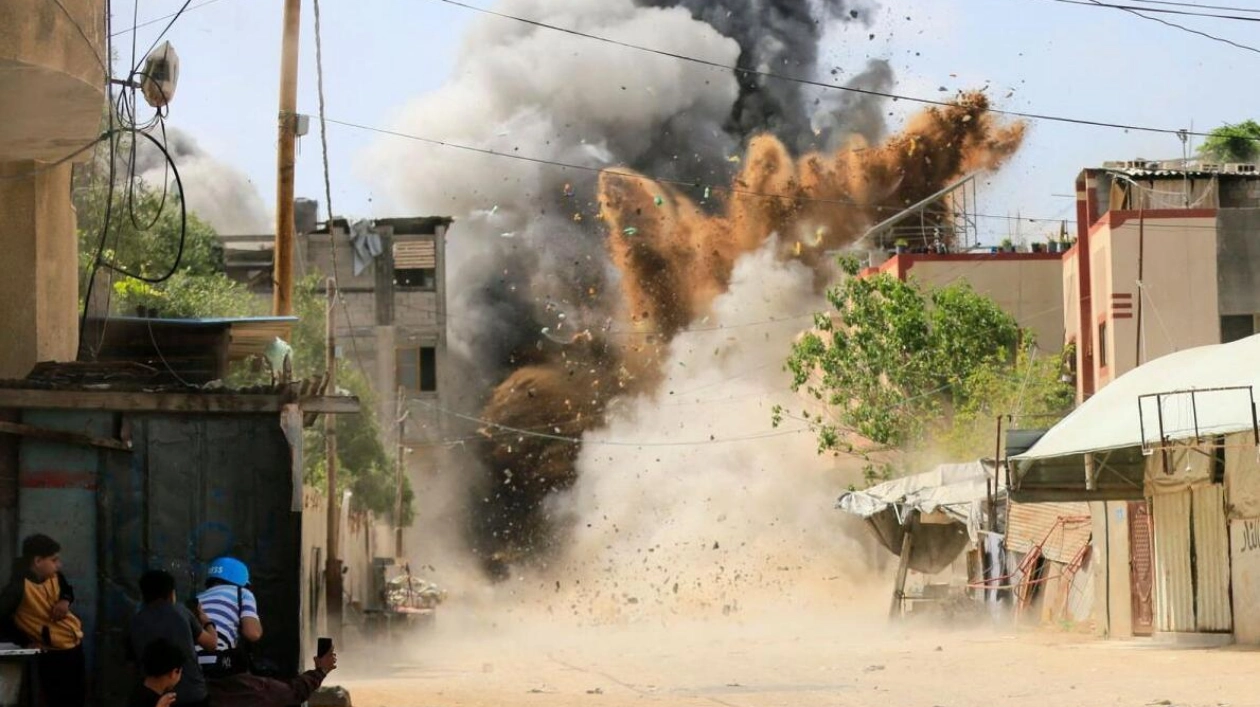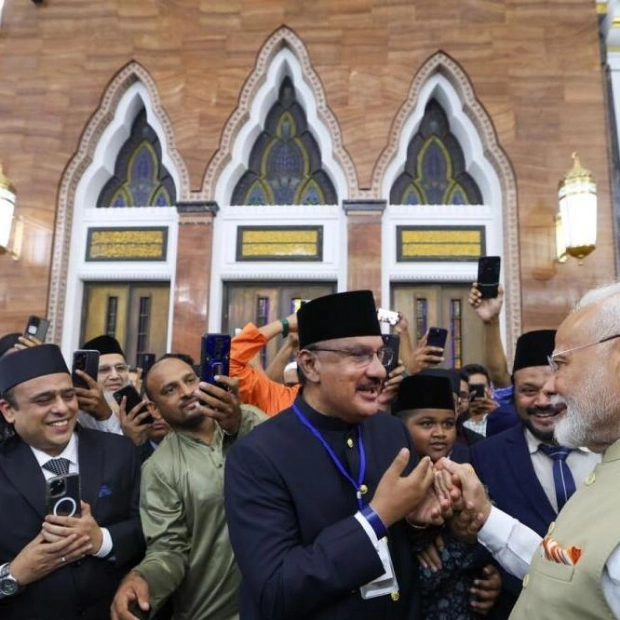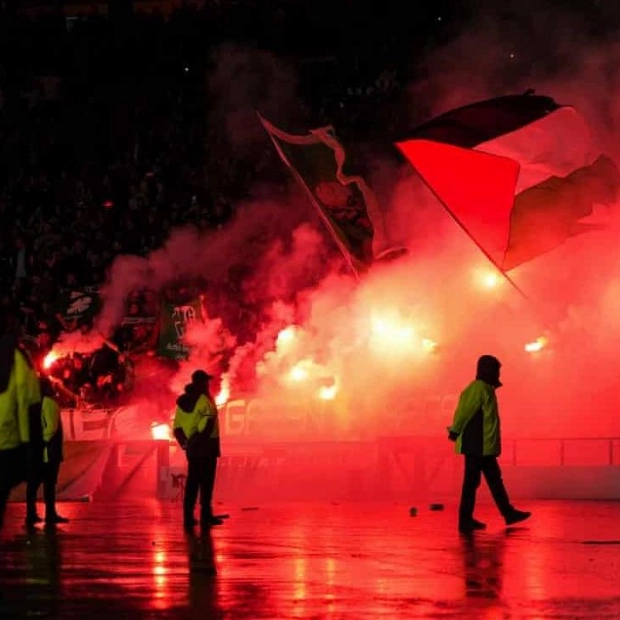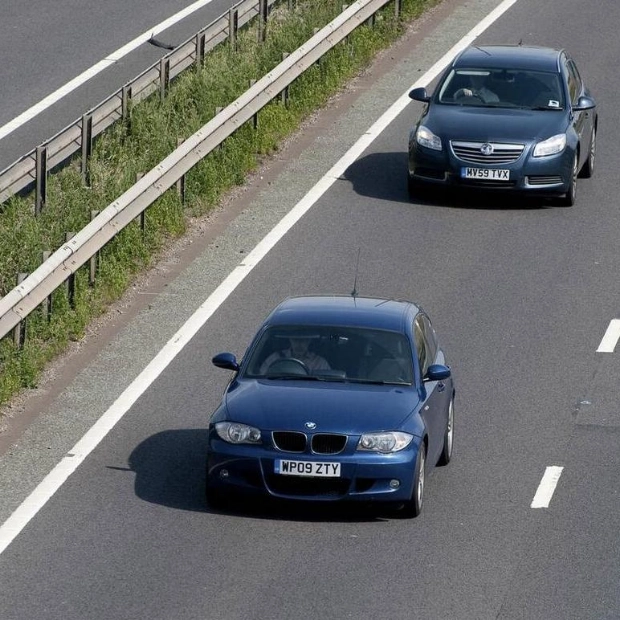Israeli forces killed at least 14 Palestinians in tank and air strikes on north and central areas of the Gaza Strip on Friday, according to medics. Tanks advanced further into northwest Rafah near the border with Egypt as the unrelenting fighting between Israelis and Hamas militants continued. Simultaneously, the conflict involving Hamas' allies Hezbollah intensified in the Lebanon-Israel border area.
Some Palestinians displaced by the Israeli assault on Gaza expressed fear that their temporary beachside camp could be inundated by high waves. Palestinian health officials reported that shelling by Israeli tanks killed eight people and wounded several others in the Nuseirat refugee camp in central Gaza. Additionally, six others were killed in an air strike on a house in Gaza City. In the northern town of Beit Hanoun, an Israeli strike on a car resulted in several casualties, according to medics.
In the southern city of Rafah, where the Israeli army has been operating since May, tanks advanced further to the northwest area backed by aircraft. Residents reported heavy fire and explosions echoing in the eastern areas of the city, where Israeli forces blew up several houses. Hamas' armed wing stated, 'Our fighters are engaged in fierce gunbattles against Israeli forces, who advanced into Tanour neighbourhood in Rafah.'
The Israeli military claimed that forces operating in Rafah had killed hundreds of Palestinian militants, located tunnels and explosives, and destroyed military infrastructure. Israel's demand to maintain control of the southern border line between Rafah and Egypt has been a focal point in international efforts to conclude a ceasefire deal with Hamas. Despite months of attempts by the US, Qatar, and Egypt to secure a truce, a final agreement remains elusive due to Israel's insistence on keeping forces in the Philadelphi corridor and the specifics of an exchange of hostages for prisoners.
In the Al-Mawasi area in southern Gaza, displaced Palestinians faced a new challenge as they worried about the danger of high waves. Some tents set up close to the beach flooded last week. 'Enough, enough, enough. We were pushed by the occupation (Israel) to the sea, where we believed it was safe. Last week, the sea flooded and washed away some tents, and that could happen again. Where would we go?' said Shaban, a 47-year-old electrical engineer displaced from Gaza City.
This latest war in the decades-old Israeli-Palestinian conflict began on October 7 when Hamas attacked Israel, killing 1,200 people and taking about 250 hostages, according to Israeli tallies. Israel's subsequent assault on the Hamas-governed enclave has killed more than 41,000 Palestinians, according to the local health ministry, while displacing nearly the entire population of 2.3 million. This has led to a hunger crisis and allegations of genocide at the World Court, which Israel denies. Israel aims to eradicate the Iran-aligned Hamas, which it considers a threat to its existence.






